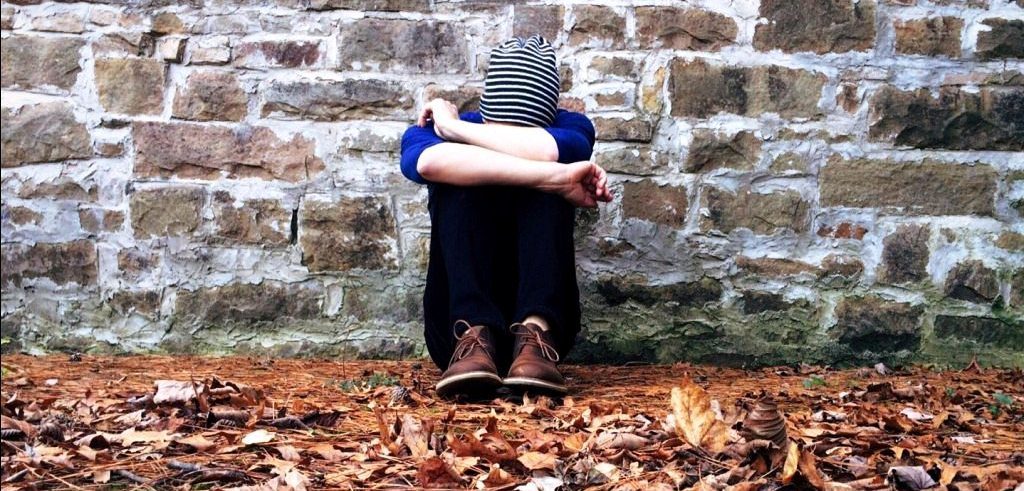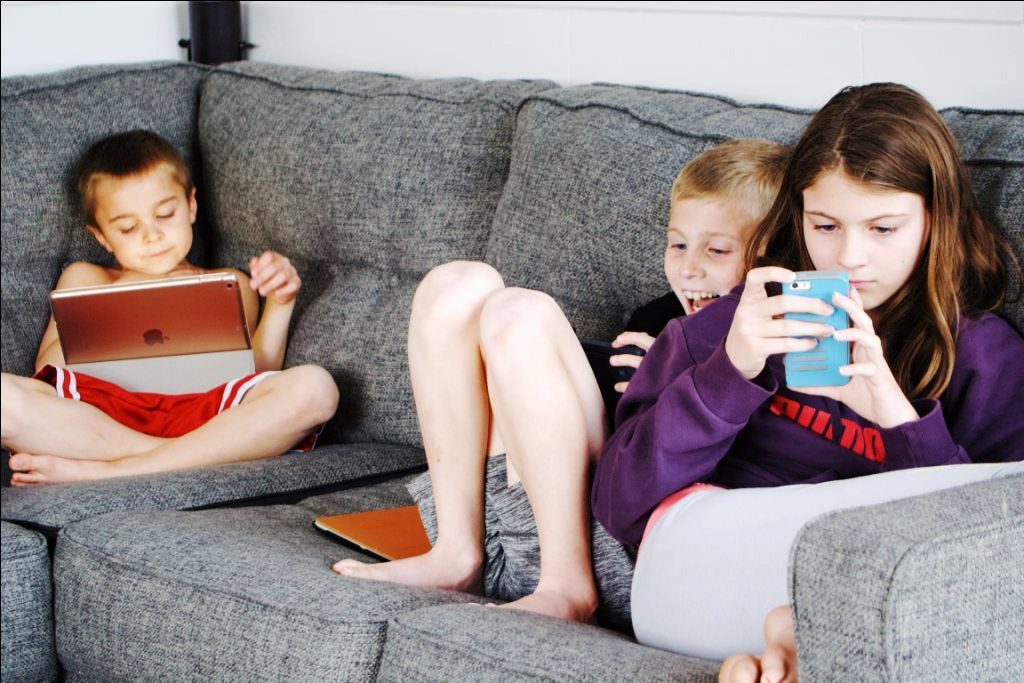Isolation, loneliness, disconnection, depression, suicide, anger, anxiety are issues which have taken a front seat especially in the last few years when our country was busy fighting the Covid – 19 pandemic along with the rest of the world.

Where do we stand now? How do we deal with these? Why should we seek help while in distress? Dr Harish Shetty, renowned psychiatrist associated with Dr LH Hiranandani Hospital, Mumbai opens up to The CSR Journal on World Mental Health Day 2022.
Isolation and loneliness due to Covid-19 pandemic
“In the present time, we are experiencing a lot of existential issues and the first thing is loneliness. This loneliness is because of the post-covid scenario in a country which is enveloped in a chronic disaster syndrome. This means, we already had one out of seven people mentally ill as per the figures from the Ministry of Health in 2019. Then we went through a disaster which has caused isolation, loss of jobs, a lot of stress, deaths and loneliness,” said Dr Shetty.
Depression and suicide
“After the pandemic, mental health issues among the people aggravated across the country. Loneliness and depression are the most important symptoms, followed by suicide. There has been a 17 percent rise in suicide cases between 2019 and 2021. So, loneliness, depression and suicide are the most important issues across the country. This is also because of lack of jobs, loss of income, rapid pace of life and disconnection,” he explained.
Disconnection
“There are a lot of existential issues. Disconnection has become worse. Globalisation has caused disconnection which leads to loneliness and depression. That is aggravated by what happened in the last few years. So, there is a sense of desolation across the world,” the doctor said.
Alienation and depression
Especially in India, the rapid pace of life is causing alienation and depression, suggests the doctor. Talking about the same, he expressed, “These days, people are not walking, they are running. In all the metros and other towns, instead of walking to office, people run. The pace of life is so high, targets are so high that in every profession people are expected to run. Corporates talk about vision building and mission building, but the vision is only for the bottom-line. Work time, travel time everything has increased.”
Increased screen time
“Screen time has increased a lot, people are on their laptop for long hours. Kids are actually six hours in the school and six hours in tuition classes. They are attending three schools—the school, the tuition school and mom’s school. So, pace of life has increased. This dismantles the orchestra of the body. There is no music when the organs talk to each other, there is only noise, this leads to a lot of problems, both psychological and physical,” the psychiatrist warned.
Is 40 the new 70?
These days we often see cases of people suffering a heart attack as early as 30s and even 20s. The same applies for stroke, diabetes and other conditions. Are we aging fast?
Replying to that, the doctor said, “Age of onset of the first alcohol intake has gone down, age of onset of the first depression has gone down, age of onset of suicide has gone down, age of onset of the first sexual intercourse has gone down, age of onset of juvenile offence has gone down, age of onset of heart attack and diabetes has gone down, as somebody recently said, 40s is the new 70s.”
Why ‘reconnection’ is necessary?
Every era has its own problems to which it has to find answers. Reconnection is very important for the abovementioned problems we are facing in the present time, suggests Dr Shetty. “A lot of community activities in the locality where we live, in buildings and societies, in chawls where people reconnect are necessary.
Festivals, weddings and other occasions should have people meeting each other, even if it is for a short time. So, reconnection is important. I tell families to observe festivals in a group, in a community. We are becoming too virtual. I insist schools to conduct offline sessions instead of online ones. So, the biggest antidote to disconnection is conscious reconnection,” he insists.
Temper issues
“Anger and aggression are new issues both inside the family and outside, including on the roads, which means people are getting emotionally blind and act before they think. It is all because of less sleep, more work, less leisure, less exercise, compassion dying and hatred. These are slowly destroying us,” warned the doctor.
Kill shame and seek help while in distress
Sharing a message for all before signing off, Dr Shetty said, “Hug your loved ones when you go to work. Remember family is the place where personality development happens for the children. Intensity of time is more important than the amount of time. Share feelings with your loved ones and ensure that you at least have one meal together five days a week. When you are feeling distressed, kill shame and seek help.”





